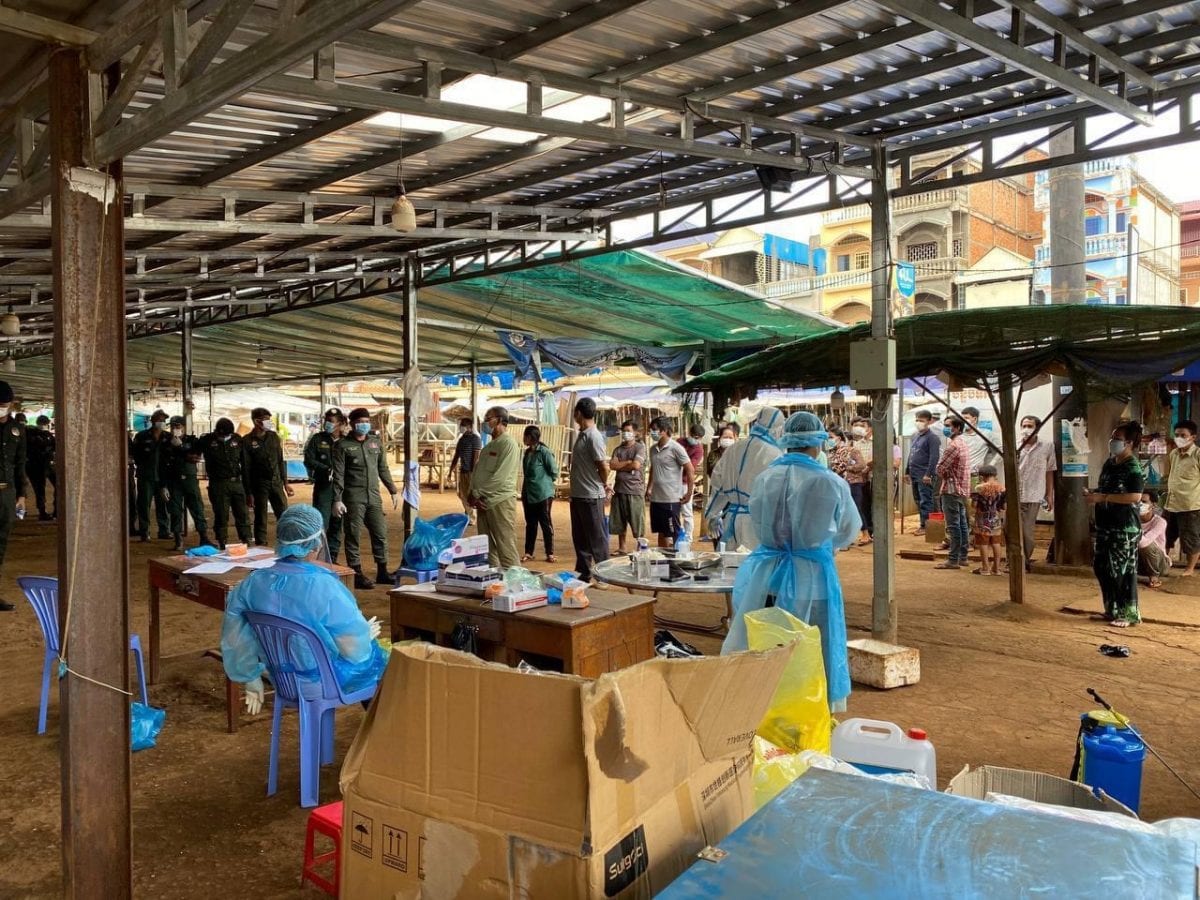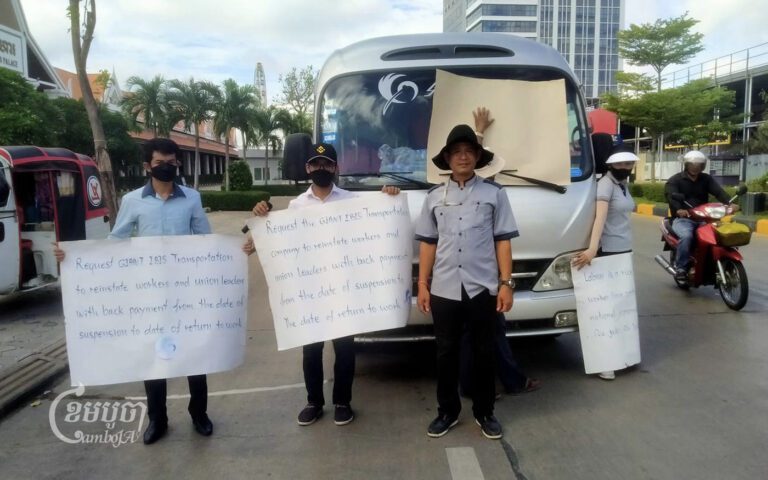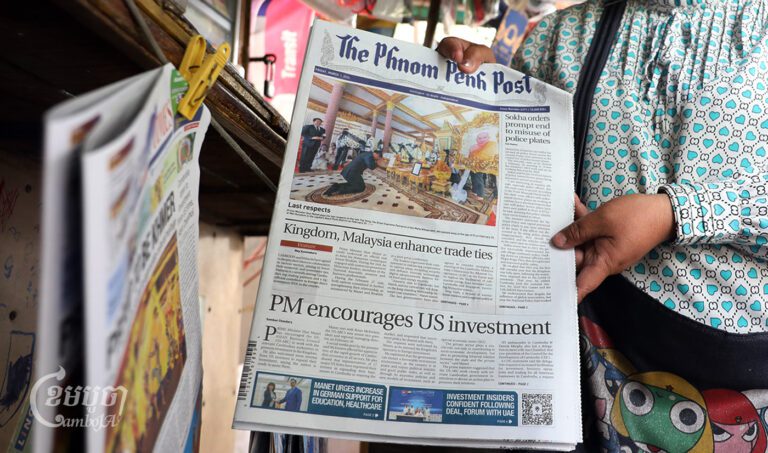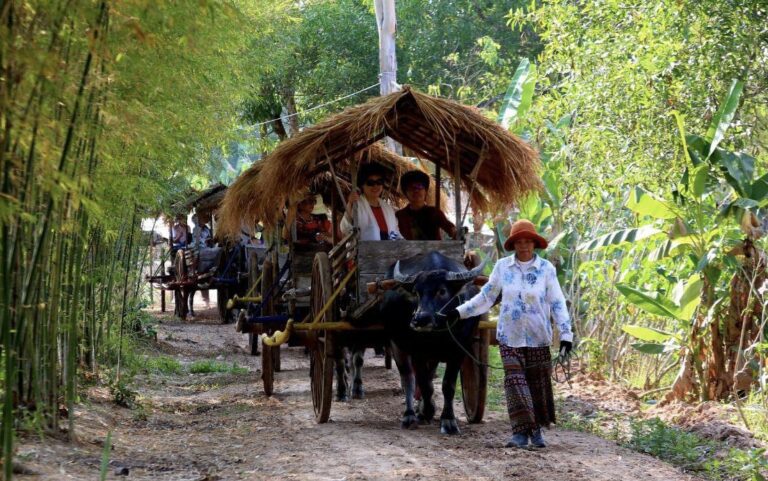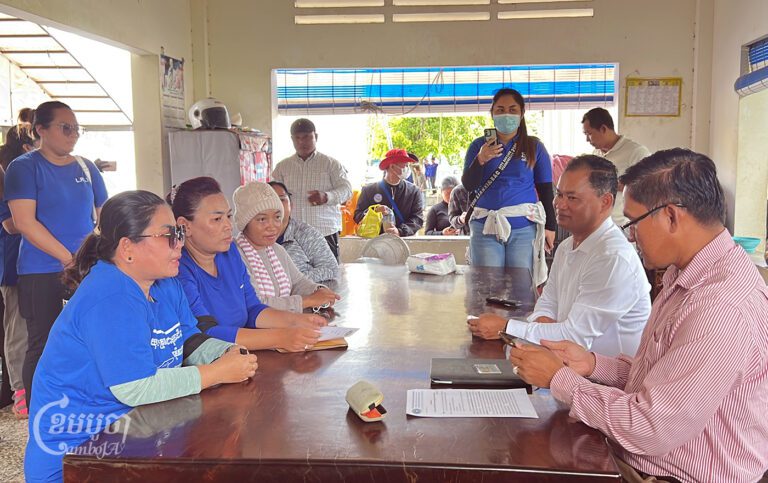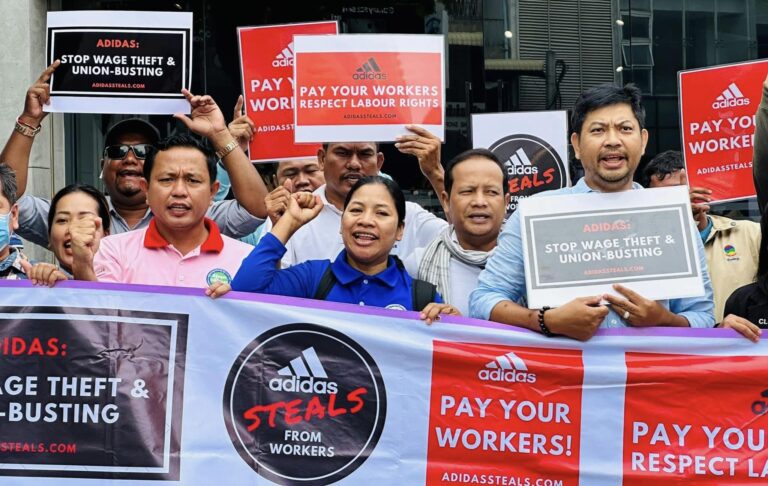Four indigenous communities in Ratanakiri have closed their borders to prevent the spread of COVID-19 as the Ministry of Health reports record numbers of new infections and deaths due to COVID-19 across the country.
Cambodia recorded 1,130 new cases of COVID-19 and 27 deaths on Wednesday alone, raising the total to 50,385 cases and 602 deaths. Despite this, Ratanakiri is the only province in Cambodia’s northeast to have reported an increase in COVID-19 cases in the past few weeks.
Chrong Sokhon, an indigenous youth from Teun commune in Ratanakiri province’s Kon Mom district who now works in Phnom Penh, has sent out a call for materials to support the fight against COVID-19 in his community.
“At the moment, young people in the community are calling for material assistance to prevent COVID-19 such as face masks and alcohol,” he said. He added that food shortages were another major challenge for indigenous people.
Sokhon told CamboJA that even though there has been no transmission in indigenous communities yet , the rising number of COVID-19 cases in the provinces has caused four villages in Teun commune to lock themselves down for 14 days to prevent community infiltration.
“Most of them depend on natural resources, but while natural resources are being lost now, they have to go outside to earn a living, so they are more vulnerable,” he said. “Indigenous people have no regular income, and their awareness of hygiene is low due to their traditional way of life.”
He said that as many as 1,200 face masks and 100 liters of alcohol were needed to keep the whole community safe.
“Although local authorities spread information on COVID, most of them were illiterate and could not fully understand the Khmer language, and this is the risk,” he said.
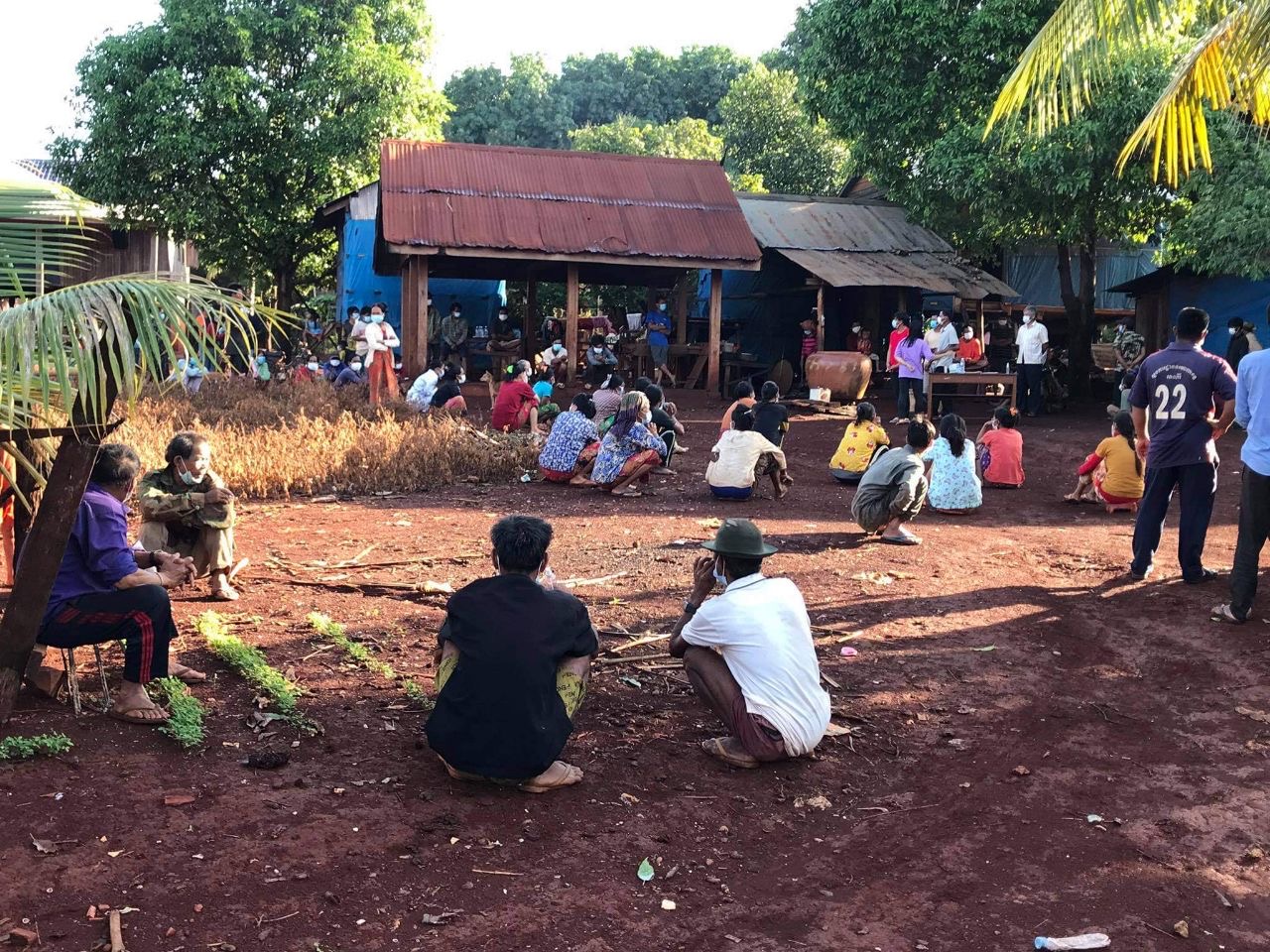
Data from the provincial hall shows that total impact of COVID-19 in the province amounts to 411 cases and three deaths since the first outbreak in the province on June 18, 2021.
Ratanakiri deputy provincial governor Nhem Sam Oeun said that provincial authorities have installed checkpoints to control traffic in and out of the province. Regarding indigenous groups, he said that indigenous people normally close off their communities by themselves in times of disease.
“They are afraid of COVID so they close the village, and we will provide social assistance such as food and money to ID poor people, people with disabilities, and the widowed,” he said. “It is not a huge negative impact to indigenous groups because they already live in isolation, even if they cannot sell their agricultural products at the market.”
Sam Oeun said that provincial authorities have ordered the closing of restaurants, markets and clubs as well as banning public gatherings and imposing a nighttime curfew. He added that parts of Banlung Town have been locked down and divided into yellow and dark yellow zones.
Teun commune assistant Nam Bun Soeun said that the village and commune authorities lacked sufficient alcohol spray and protective equipment to prepare for community transmission. Despite the fact that no virus has been found in the communities, he said, they remain on high alert.
“Now we are not allowing people from outside to enter the villages and people inside are also not allowed to go outside, except for necessities,” he said.
According to Soeun, there are about 5,000 people living in the commune, most of them indigenous. He said four villages have been closed since June 21 and if the number of cases in the provinces continues to increase, they may continue to tighten further.
“If it erupts in indigenous villages, it will affect their livelihoods,” he said.
(Additional Reporting by Sam Sopich)


